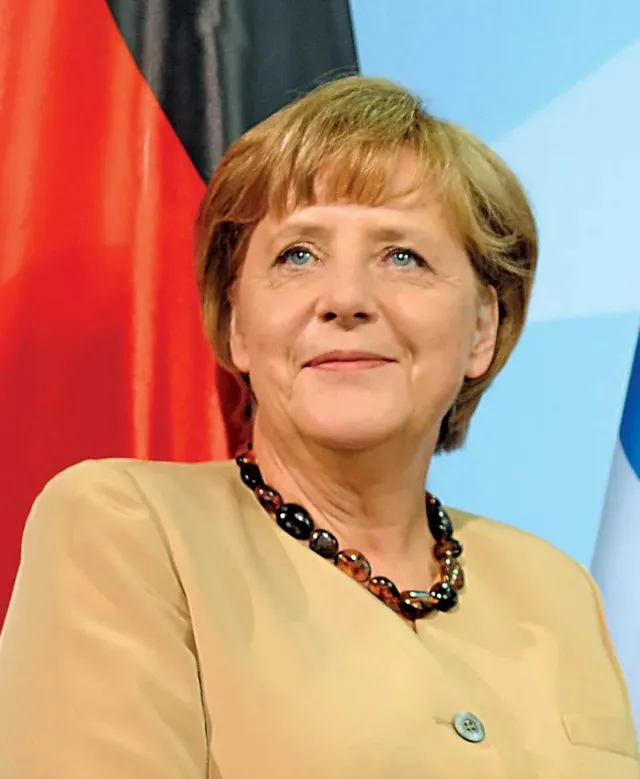Leadership Showdown: Exploring the Legacies of Biden, Jinping, Merkel, Putin, and Modi
In a rapidly changing world, global leadership plays a pivotal role in shaping the future of nations and the international community. As we navigate through complex geopolitical landscapes, the spotlight is often on key leaders who influence the course of their respective countries. In this blog post, we will delve into the leadership styles, policies, and legacies of five prominent leaders: Joe Biden of the United States, Xi Jinping of China, Angela Merkel of Germany, Vladimir Putin of Russia, and Narendra Modi of India. Each leader brings a unique perspective and approach to governance, making it intriguing to explore who stands out as the best in this diverse group.
Joe Biden (United States):

Since assuming office in January 2021, President Joe Biden has faced a myriad of challenges, both domestic and international. His administration has been marked by efforts to combat the COVID-19 pandemic, address climate change, and navigate complex relationships with allies and adversaries alike. Supporters commend his commitment to unity and diplomacy, while critics raise concerns about the handling of certain issues. Evaluating Biden's leadership requires a comprehensive analysis of his policy initiatives and their impact on the nation and the world.
Xi Jinping (China):

As the General Secretary of the Communist Party of China and the paramount leader of the nation, Xi Jinping holds a significant role in shaping China's future. His tenure has seen a focus on economic reform, technological advancement, and an assertive foreign policy. However, questions arise regarding human rights, censorship, and China's expanding influence globally. Examining Jinping's leadership involves considering the economic and geopolitical implications of his policies, both within China and on the world stage.
Angela Merkel (Germany):

Angela Merkel, Germany's Chancellor from 2005 to 2021, has been a prominent figure in European and global politics. Renowned for her pragmatic and steady leadership, Merkel faced challenges such as the Eurozone crisis, the refugee influx, and the COVID-19 pandemic during her tenure. Her leadership style, marked by consensus-building and stability, has earned her both praise and criticism. Merkel's legacy extends beyond Germany's borders, influencing the European Union and international relations.
Vladimir Putin (Russia):

Vladimir Putin, the President of Russia, has been a dominant force in Russian politics for more than two decades. His leadership is characterized by a strong centralized government, assertive foreign policy, and efforts to restore Russia's influence on the world stage. However, concerns about human rights, political opposition, and geopolitical tensions with the West have cast a shadow on Putin's legacy. Evaluating his leadership requires a nuanced understanding of Russia's domestic and international dynamics.
Narendra Modi (India):

As the Prime Minister of India since 2014, Narendra Modi has pursued an ambitious agenda focused on economic development, social reforms, and positioning India as a global player. His leadership style is marked by charisma and a hands-on approach to governance. Modi's initiatives, such as "Make in India" and "Digital India," have garnered attention, but criticism exists regarding issues like religious tensions and handling of certain crises. Assessing Modi's leadership involves examining the economic and social impact of his policies and their implications for India's future.
Determining the "best" leader among Joe Biden, Xi Jinping, Angela Merkel, Vladimir Putin, and Narendra Modi is a subjective exercise. Each leader brings a unique set of challenges and opportunities to their respective nations and the global community. By analyzing their policies, diplomatic approaches, and the impact on their countries, we can gain insights into the complex world of international leadership. Ultimately, the question of who is the best leader may not have a definitive answer, but understanding their individual contributions can contribute to a more informed and nuanced perspective on global affairs.
Let me who do you like most and why in the comment.